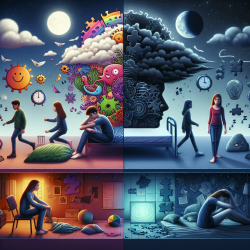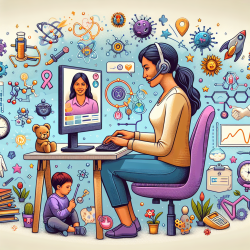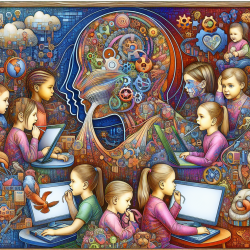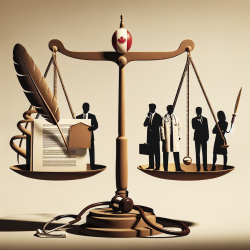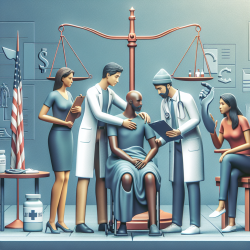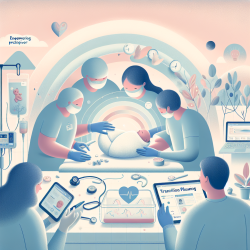Understanding the Link Between Sleep and Mental Health in Teens
As a practitioner working with adolescents, understanding the intricate relationships between insomnia, daytime sleepiness, and depression is crucial. A recent study titled "Associations between Insomnia, Daytime Sleepiness, and Depressive Symptoms in Adolescents: A Three-Wave Longitudinal Study" sheds light on these connections, offering valuable insights for improving therapeutic outcomes.
Key Findings from the Study
The study followed 6,995 adolescents over two years, examining the relationships between insomnia, daytime sleepiness, and depression. The findings revealed:
- High Comorbidity: Insomnia, daytime sleepiness, and depressive symptoms were highly comorbid, meaning they often occurred together.
- Bidirectional Relationships: Insomnia and depression exhibited a bidirectional relationship, where each could predict the other over time.
- Unidirectional Influence: Depression was found to predict daytime sleepiness, but not vice versa.
- Mediating Effects: Insomnia and daytime sleepiness acted as mediators between depression and the other symptoms, indicating complex interactions.
Implications for Practice
These findings have significant implications for practitioners:
- Comprehensive Assessment: When assessing adolescents, consider evaluating insomnia, daytime sleepiness, and depression together to understand their interconnected nature.
- Integrated Treatment Approaches: Treatment plans should address all three conditions to improve overall mental health outcomes. Cognitive-behavioral therapy and other non-pharmacological interventions can be particularly effective.
- Early Intervention: Identifying and addressing these symptoms early can prevent the development of more severe mental health issues.
Encouraging Further Research
The study highlights the need for further research to explore the underlying neurobiological mechanisms linking these conditions. Understanding these pathways could lead to more targeted and effective interventions.
To read the original research paper, please follow this link: Associations between Insomnia, Daytime Sleepiness, and Depressive Symptoms in Adolescents: A Three-Wave Longitudinal Study.
